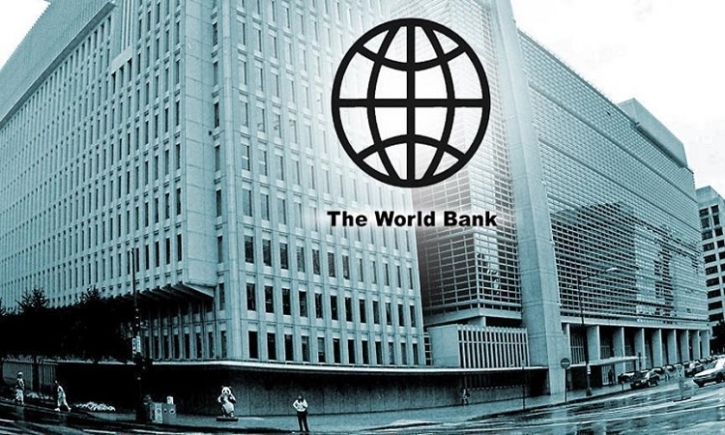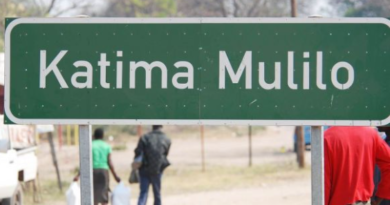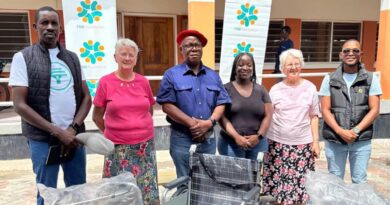World Bank Warns Over 100 Countries Risk Being Stuck in “Middle-Income Trap”
The World Bank has issued a stark warning that more than 100 countries are at risk of becoming stuck in a “middle-income trap” unless they implement radical growth strategies for their economies.
The countries identified include major economies like South Africa, India, Brazil, and China, which face significant obstacles that could hinder their progress toward becoming high-income nations in the coming decades.
According to the World Development Report 2024: The Middle-Income Trap, nations typically encounter a growth plateau when their per capita GDP reaches about 10 percent of the annual US GDP. The report highlighted that while many countries grow wealthier, they often struggle to transition from middle-income to high-income status.
Senior Advisor to the World Bank Group Chief Economist and Director of the report, Somik Lall, painted a grim picture of the prospects for these countries. “Over the last 30 years, only 34 middle-income economies have been able to transition to high-income. The rest are stuck in a middle-income trap,” Lall stated.
The report identified several challenges that contemporary middle-income countries face, including rapidly aging populations, rising protectionism in advanced economies, and the urgent need to accelerate the energy transition.
In response to these challenges, the World Bank outlined a “comprehensive roadmap” designed to help developing countries break free from the middle-income trap and achieve high-income status. This strategy involves adopting a “3i strategy,” a progressively sophisticated mix of policies tailored to a country’s stage of development.
For low-income countries, the focus should be on policies aimed at increasing investment—termed the “1i phase.” Lall explained, “But as the gains from investment start tapering off, an economy needs to move to ‘infusion,’ which means importing ideas from the rest of the world and diffusing them locally.”
At the upper-middle-income level, countries should transition to the final phase of the strategy. “When they are ready and have mastered infusion, they should move to ‘innovate’ and become global leaders and producers,” Lall said.
Lall emphasized that success will depend on how well societies manage the balance between the forces of creation, preservation, and destruction. He warned that countries attempting to shield their populations from the disruptions associated with reforms and openness would likely miss out on the benefits of sustained growth.
The World Bank’s report calls for immediate and decisive action, urging countries to embrace this roadmap to avoid the stagnation that traps many in the middle-income bracket.



